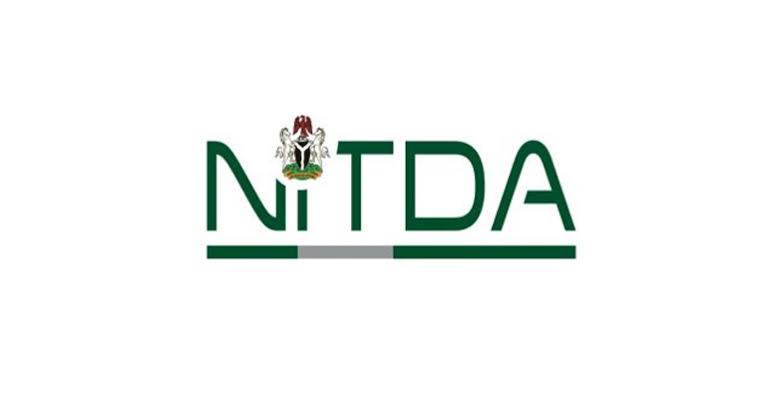The National Information Technology Development Agency (NITDA) is set to hold a public review session for its Draft Digital Public Infrastructure (DPI) Live Events and the Draft Technical Standard for the Nigerian Data Exchange (NGDX).
The review, which is part of NITDA’s Rule-Making Process (RMP), aims to create regulatory instruments that are trusted, inclusive, and sustainable, aligning with global best practices for digital transformation.
According to a statement from NITDA’s Director of Corporate Communications and Media Relations, Mrs. Hadiza Umar, this public engagement is crucial for co-creating new regulatory instruments. The public review session is scheduled for Thursday, September 18, 2025, at 9:00 AM at the Digital Economy Complex, NCC Building in Mbora, Abuja.
The public review is an opportunity for stakeholders from government, industry, academia, and civil society to examine the draft documents, provide feedback, and make recommendations. This inclusive approach is designed to ensure the effective adoption and implementation of both the DPI and NGDX initiatives. Ahead of the session, stakeholders can review the drafts online at https://shorturl.at/0zRg8.
The Draft DPI Live Events have been developed to support the seamless deployment of national digital public infrastructure, enhance e-Government services, and create a framework for collaboration across the private sector.
Simultaneously, the Draft Technical Standard for the NGDX aims to provide a unified and secure framework for data sharing among government institutions and private entities. By streamlining service delivery and reducing inefficiencies, the NGDX is expected to drive innovation in key sectors like finance, healthcare, education, and agriculture. The NGDX includes strong safeguards for data protection, authentication, and privacy, positioning Nigeria as a leader in digital public infrastructure across Africa.
NITDA’s Director General, Kashifu, underscored the importance of inclusive participation. He emphasized that Nigeria’s digital public infrastructure must be co-created with all stakeholders to ensure it is resilient, fosters innovation, and builds trust. Abdullahi reiterated that the success of these initiatives hinges on the active involvement of stakeholders in providing valuable insights.
The development of the Draft DPI and NGDX is a key part of the Federal Government’s broader goal of building a robust digital economy under President Bola Ahmed Tinubu’s Renewed Hope vision. With support from the European Union’s Global Gateway initiative and technical collaboration with nations like Finland, Estonia, Germany, and France, Nigeria is poised to leverage digital public infrastructure for inclusive national development.


